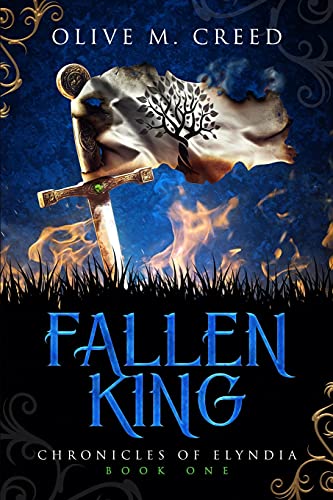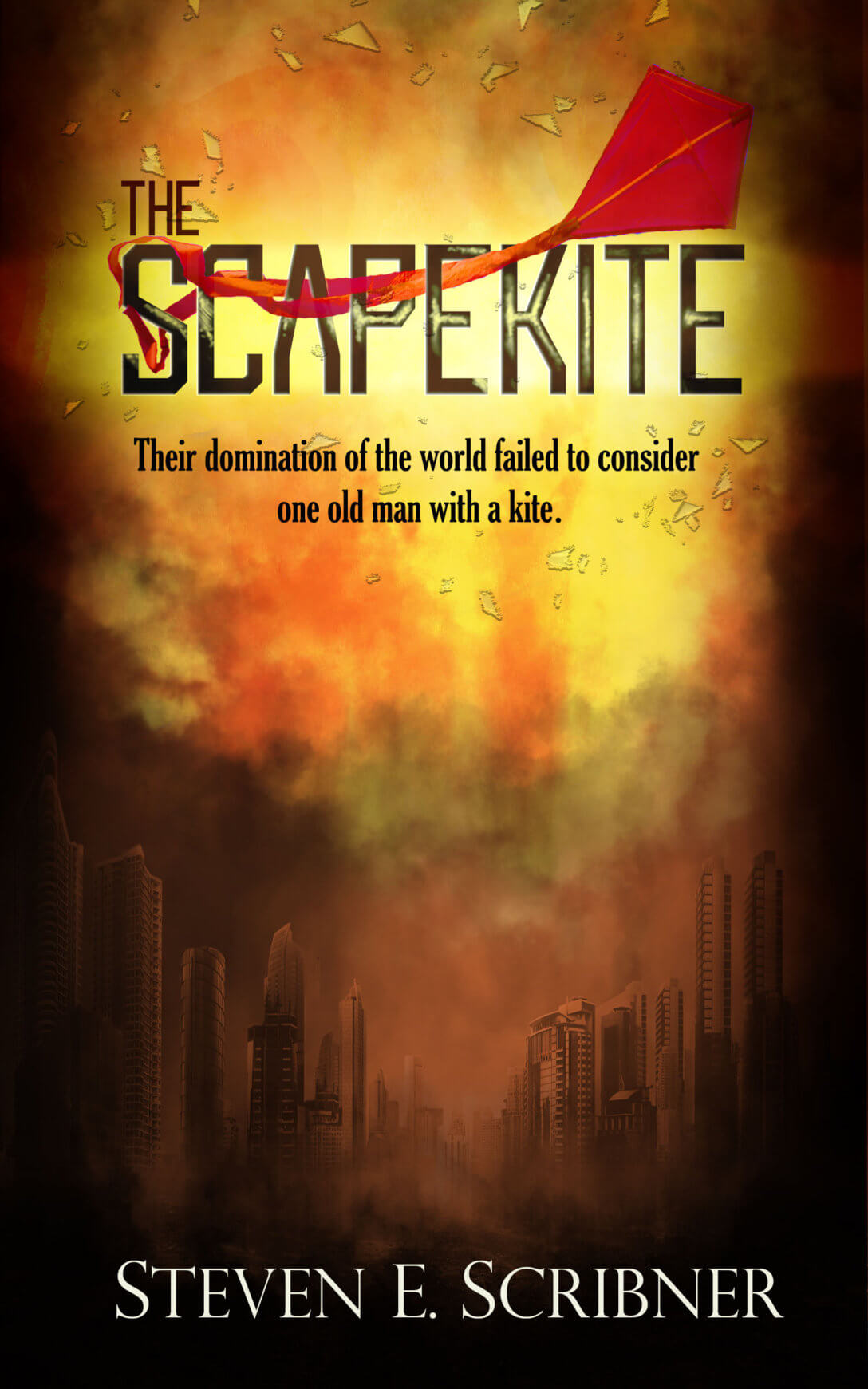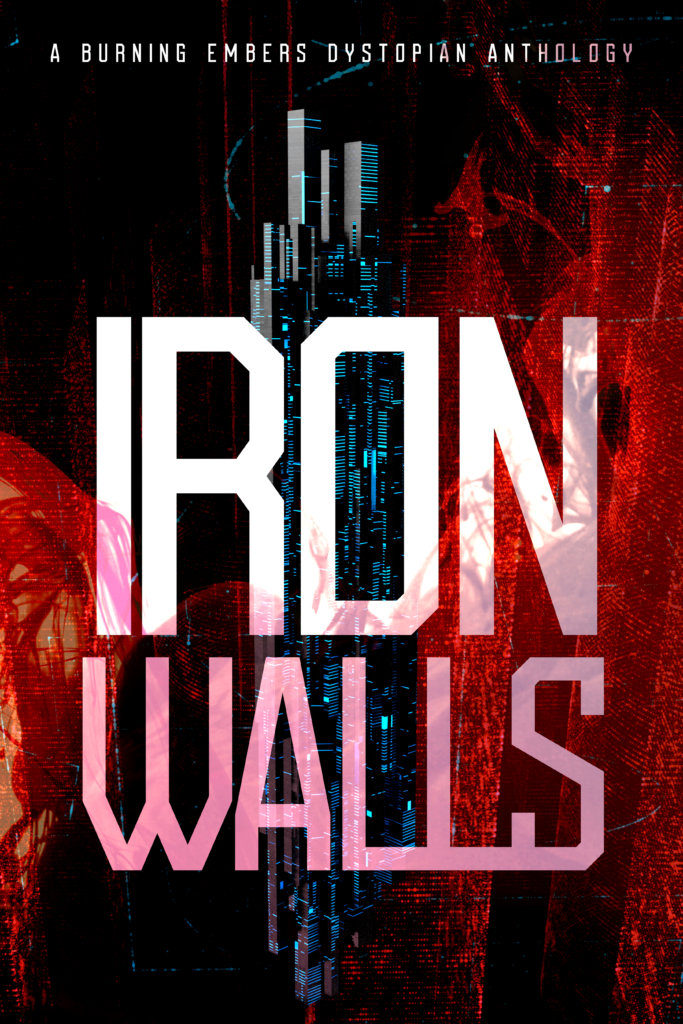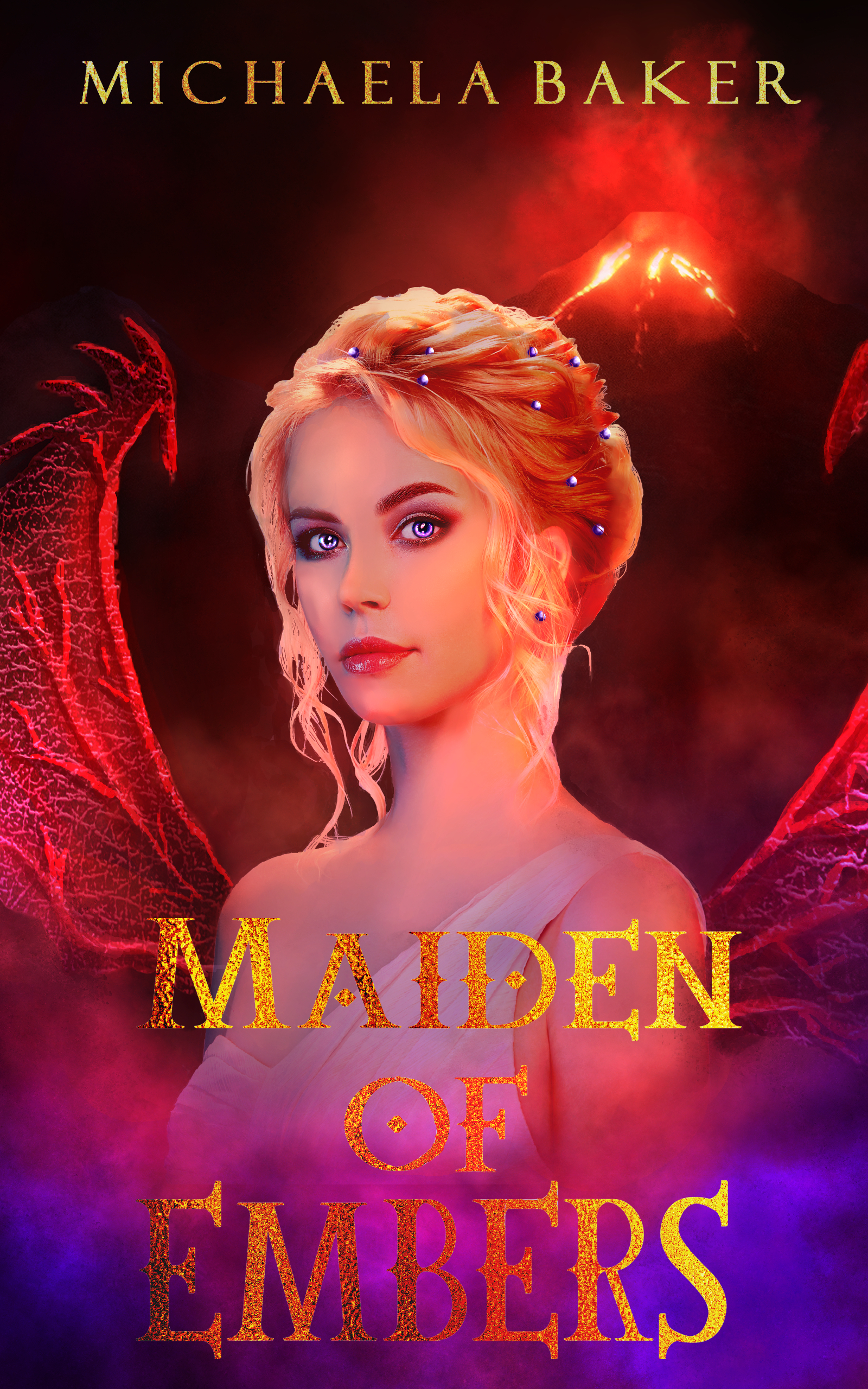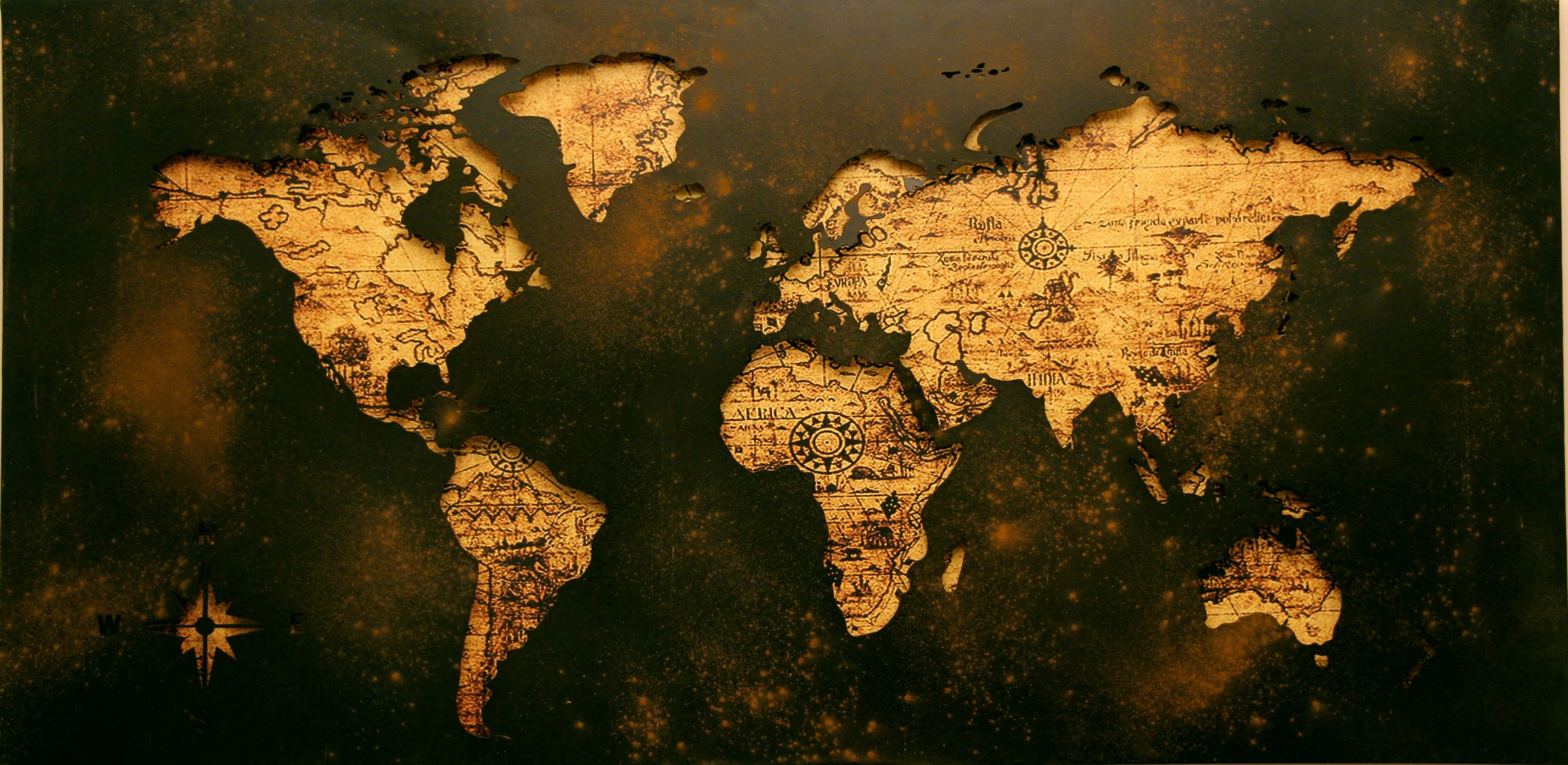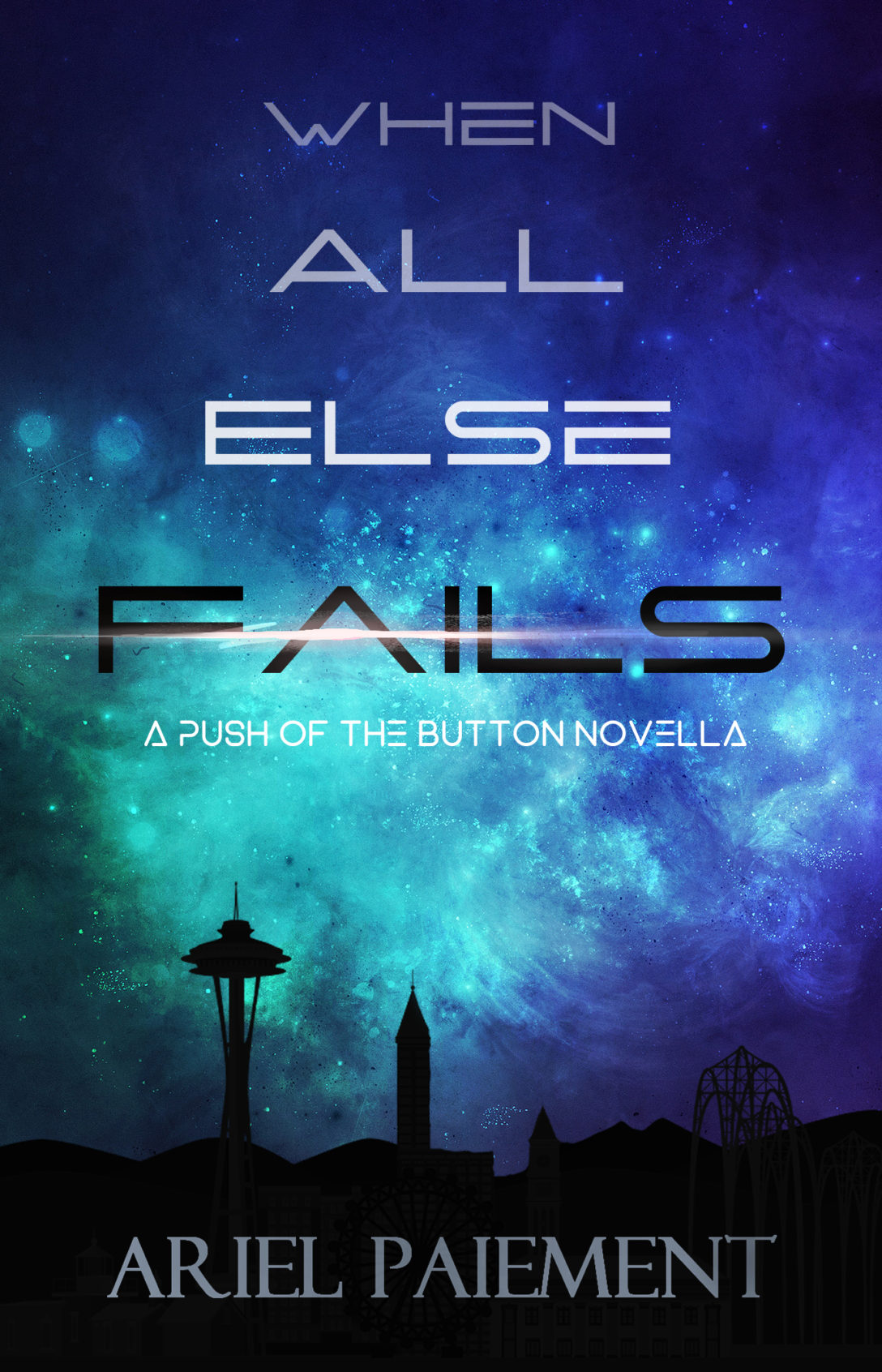Hi everyone! Ariel here with another author’s interview. Today’s author is Olive Creed, the author of Fallen King, the first fantasy novel in the series Chronicles of Elyndia. Thanks for being here with me today, Olive! I’m so glad to have you. As we’re starting off the interview today, could you tell us all a bit about yourself?
I’m a homeschool graduate who lives on a homestead with my family. When I’m not chasing chickens or writing, I like to experiment in the kitchen, paint, and play around with graphic design!
That’s wonderful! I’m also a homeschool grad myself, and I grew up out in the country with chickens and a giant garden, so I can relate. It can be lots of fun, though it’s also a lot of work! So, as I noted in the introduction, you do write fantasy, but what type of fantasy do you write, and do you write any other genres? Then, as a follow up, can you tell us why you chose that style or flavor of writing?
I write Fantasy, and it ranges from what I call Cowboy Fantasy (historical fantasy that’s not really based on one specific time period) to Dystopian Fantasy. I love dabbling in different genres, but love the world building that comes with Fantasy. I’ve attempted writing Modern Day Fiction, but it always ends up Fantasy!
That’s really interesting. I’ve never heard the term Cowboy Fantasy before, so you’ve taught me something new. I love historical fantasy though, so I’m sure it would be right up my alley! I also know what you mean about things always ending up fantasy. I’ve dabbled with sci-fi, but somehow, I always end up with either pure fantasy or cross-genre fiction with fantasy as the main genre. Now, most authors are also readers. So tell us, what genres do you read, and do you write the same ones?
I read a lot of different genres when I have the time to sit down and focus. As long as there’s no sex (preferably very little romance) no gore, and no horrible language, I’ll give it a shot! Though, currently, most of my books in my meager collection is Fantasy, LOL.
That makes perfect sense. A lot of authors seem to mostly read the genres they write, I find. If we enjoy reading it, chances are high we’ll also like writing it, though that’s only a general rule. So besides reading and writing, what are some of the things you like to do to relax?
I like to Role Play with friends, paint, bake, and cuddle chicks. Sometimes I’ll read or watch something, but it’s usually too much to focus on when I’m trying to relax, LOL
I hear you there! I like to watch things to relax, but often I need something that’s not going to require a lot of focus if I’m really going to relax. Even better is an activity totally unrelated to work! As someone who edits and writes for a living, it’s not always relaxing to go sit down and write or edit my own projects off work hours! I definitely understand wanting something else, and these activities sound like awesome ways to take a break physically and mentally. So this is one of the fun questions! What can you tell us about your current work-in-progress?
My current WIP is book three in my Chronicles of Elyndia series. It’s called Tainted Throne. I can’t say too much without spoiling the two previous books, but there’s lots of pirates in it!
Oh, how fun! I love pirates. They always make things more entertaining! So I kind of spoiled the answer to this question since I noted that you’re the author of the first book in the Chronicles of Elyndia series, but… I’ll ask anyway… If you’ve published (self-published or traditionally published), can you tell us a little about the experience? If this is your first experience, what has that been like?
I’m indie published, published my first book in August. I…still have not quite grasped marketing yet!
It was a little overwhelming hiring out edits and formatting and all that, but at the same time, it’s very rewarding! My editor has been a tremendous help keeping me sane and helping me along, and I’m very thankful for her!
That’s great! Sounds like you found yourself an excellent teammate to work with from the start. Editors really can make or break the process of prepping a book for publishing, and I’m glad you found a good one, especially for a first experience! So for the next question, let’s talk about gaining inspiration. For your current series, what were your inspirations for writing?
I take a lot of experiences I’ve had, blow them up to Fantasy Proportions, and then throw them onto my characters, LOL. Book one in my series, Fallen King, was inspired by a random image that came to mind one day while I was doing homework with my best friend. It was a lone survivor, bleeding and more dead than alive, standing in the middle of a massacre.
Those are some interesting sources of inspiration! It’s really neat to hear about where other authors get their ideas from. I work a lot like you do from the sounds of it, since I also tend to grab experiences I’ve had, things I’ve observed, and random inspirations that hit while living life to inspire my work. So now that we know a bit about your writing and your process, can you tell us who got you into writing when you first started?
My mum really got me into it. She’s a book worm, and I’ve been a storyteller since I could talk. I would entertain my younger sisters at bedtime with the most outrageous stories in existence! As I got older, my mum started encouraging me to write down my stories and learn how to write an actual book. My first attempts will never see the light of day! (Especially since most were lost in a house fire, LOL)
Oh, no! That’s so sad. I know I always smile a bit looking back at old work because it really shows how much progress I’ve made up to now, so I can’t even imagine losing the ones I felt were worth keeping to a fire! But it’s great that you had the encouragement to start writing from your mom! It’s always nice when family comes alongside to support you as a writer. Speaking of support, was there anyone who came alongside you at any point when you were struggling in your writing journey and made a real difference? If so, who and why?
My two best friends. I would not still be writing today if it wasn’t for them. One has been my best friend since before I started writing, and has encouraged me the entire way. Even when book after book was a complete “failure”. My other best friend, I met almost two years ago as I was editing the Chronicles of Elyndia series (back when it was one ginormous book with no consistent plot and a complete overwhelming mess.) She helped me straighten everything out and encouraged me to keep going when I wanted to quit.
Wow! Sounds like you had really solid friends. I’m glad they kept you writing! In light of your own journey as a writer, what advice would you give to aspiring authors and writers just starting on the writing journey?
The first book you write is likely not going to be the one you publish. And that’s okay! Don’t let anyone tell you that you’re wasting your time. You’re learning and perfecting the art of writing, and that takes time! Just write, and write for yourself first.
And if you want to write the craziest, whackiest, weirdest story ever, then write it! One, if you don’t enjoy what you write, chances are, neither will anyone else. And two, people love weird, crazy stories.
Those are definitely good points to keep in mind. I know I didn’t publish my very first book, and I actually published one that I later unpublished because it really never should’ve seen the light of day. It happens, and when we’re learning, we’re going to learn in different ways and make mistakes as we go. And the weirder the story, the better in writing, just as long as it makes sense! Sometimes the weirdest stories are the ones that most hold attention as you’re reading. In the same grain as the last question, what is one thing you wish someone had told you before you started writing?
Don’t take criticism from people who haven’t read your story. And, even if they have, just because they say something is wrong doesn’t necessarily mean it’s wrong. Use your Authorly Wisdom to discern what actually needs fixing, or what is just something they aren’t a fan of.
Oh, yes! That’s a great point. I don’t know that I ever did that because my earliest writing experiences were with family as readers and critics and then with critique groups. But everyone and their mother will have an opinion, even if they haven’t read it. The worst thing to do is work off an opinion from someone who has zero context to form an opinion with! So, we’ve come to the last question, and I’ve tried to make this a fun one, though I know it’s a tough one for a lot of authors! What’s your favorite book, and who’s your favorite literary character? Why?
My favorite book ever is Dare, from The Blades of Acktar series by Tricia Mingerink. Favorite character? Leith Torren from The Blades of Acktar! *cue the fangirling* He’s a sweet, adorable, tough-as-nails assassin, and I love him!
Sounds like my kind of character! Well, that’s all for today, folks. Thank you for hanging out with me and Olive for the interview, and thank you again for taking the time to answer the questions I had, Olive! Best of luck to you with the rest of your series and your future writing endeavors!
Readers, if you want to check out Olive’s first-in-series, Fallen King, you can find it here. You can also follow Olive on Instagram and Facebook to see any updates she may post. Once again, thank you for being here, and I hope you’ll take a moment to check out Olive’s book and social media pages!

